Due to bottlenecks in land valuation, many commercial housing projects have not yet determined land use fees to fulfill financial obligations to the State, so transfer transactions cannot be carried out.
Due to bottlenecks in land valuation, many commercial housing projects have not yet determined land use fees to fulfill financial obligations to the State, so transfer transactions cannot be carried out.
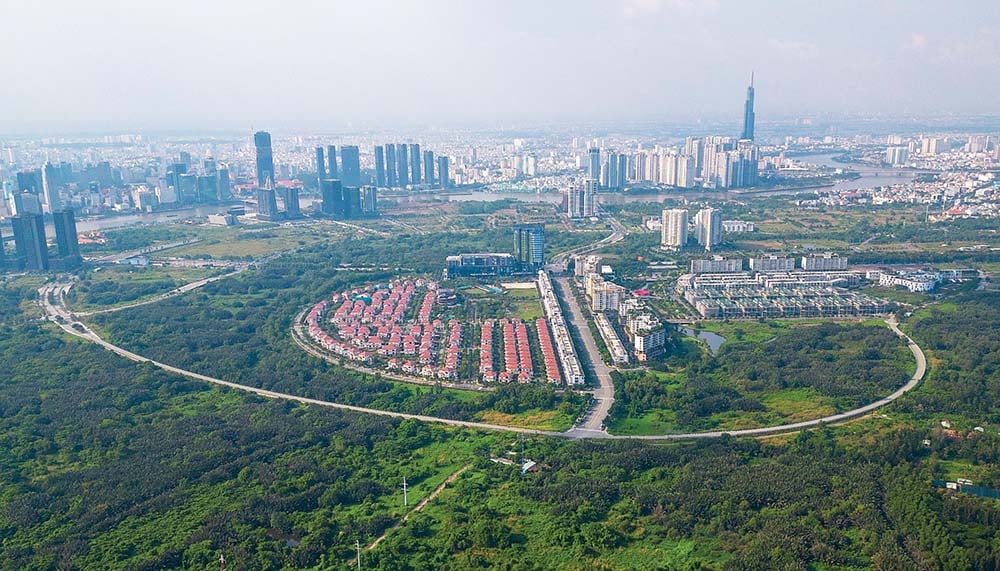 |
| Many commercial housing projects in Ho Chi Minh City cannot be transferred due to land use fee issues. |
Stuck because of land use fee issues
Talking to Dau Tu Newspaper reporters, the general director of a real estate company in Ho Chi Minh City shared that his company owns a number of potential projects, but due to cash flow difficulties, it is forced to look for a partner to transfer a project in District 7 (Ho Chi Minh City) to restructure its finances. The partner is ready, but the project transfer deal has not been able to be carried out due to legal barriers, one of the most prominent issues being land use fees.
According to regulations, to transfer a project, the investor must fulfill its financial obligations to the State, including land use fees. Not to mention that the enterprise is facing financial difficulties and cannot fulfill its land financial obligations, even if the partner agrees to advance a sum of money to resolve this issue, the enterprise still cannot pay the land use fees of the project due to bottlenecks in land valuation.
The above mentioned enterprise is not the only case. In 2024, many enterprises in Ho Chi Minh City have "signaled" about looking for partners to transfer the project, but so far, no transaction has been successful.
Information from the Ho Chi Minh City Department of Construction also shows that in 2024, no commercial housing projects in the City will be transferred, although many foreign investors are eager to carry out mergers and acquisitions (M&A) deals, but all encounter difficulties with legal procedures.
Proposed amendment to the regulations
Mr. Le Hoang Chau, Chairman of the Ho Chi Minh City Real Estate Association (HoREA), acknowledged that the fact that no commercial housing projects were transferred for an entire year shows that M&A activities are stagnant, while this is the actual need of many businesses to restructure investments to overcome difficulties and create cash flow.
According to Mr. Chau, Article 39 of the Law on Real Estate Business (2023) stipulates a very strict principle: after completing the transfer of all or part of the real estate project, the transferee inherits the rights and obligations of the transferring investor. However, this law also stipulates: the condition for transferring the project is to have completed the financial obligations regarding the project's land, including land use fees, land rents and taxes, fees, and charges related to land (if any)...
Mr. Chau said that such regulations are not really consistent and not close to reality. Because the investors of real estate and commercial housing projects only fulfill their financial obligations and pay land use fees to the State once, except in cases where project adjustments lead to additional financial obligations.
Therefore, HoREA proposed that the Ministry of Construction consider submitting to the Prime Minister and competent authorities to consider supplementing regulations that in case an investor transfers all or part of a real estate project without fulfilling financial obligations regarding land, the transferee enterprise is responsible for performing this obligation on behalf of the old investor.
According to HoREA, this amendment aims to remove bottlenecks for M&A, both to remove difficulties for businesses and to clear blockages for project transfer activities, thereby promoting the real estate market to recover and develop safely, healthily and sustainably, while contributing to increasing state budget revenue.
Furthermore, hundreds of currently stalled real estate projects have not yet fulfilled their financial obligations to the State. If these projects are transferred, the transferee enterprise is usually a financially and administratively capable entity, which can restart the project, or restructure and adjust the project to suit market demand, thereby creating additional financial obligations, increasing revenue for the state budget.
“If the above regulation is not amended, businesses can still 'dodge' it by transferring shares or selling the business, which is essentially transferring real estate projects,” Mr. Chau added.
Source: https://baodautu.vn/batdongsan/tac-chuyen-nhuong-du-an-nha-o-thuong-mai-d249825.html






![[Photo] Prime Minister Pham Minh Chinh chairs meeting to deploy overcoming consequences of storm No. 10](https://vphoto.vietnam.vn/thumb/1200x675/vietnam/resource/IMAGE/2025/10/3/544f420dcc844463898fcbef46247d16)
![[Photo] Students of Binh Minh Primary School enjoy the full moon festival, receiving the joys of childhood](https://vphoto.vietnam.vn/thumb/1200x675/vietnam/resource/IMAGE/2025/10/3/8cf8abef22fe4471be400a818912cb85)


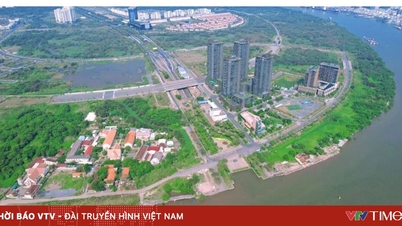

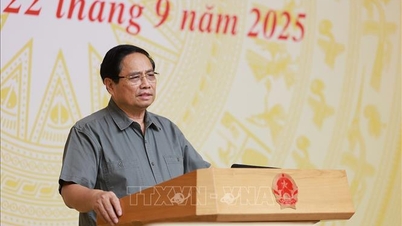
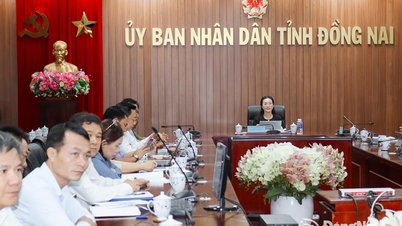



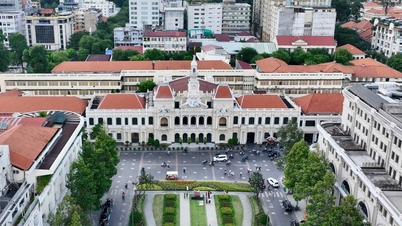

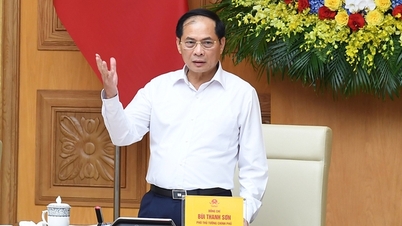

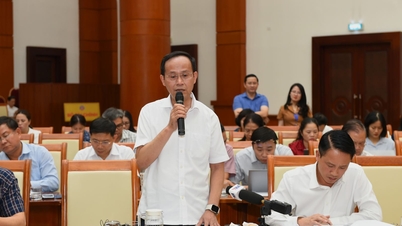

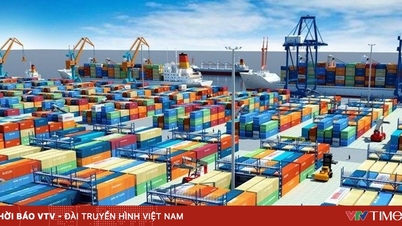
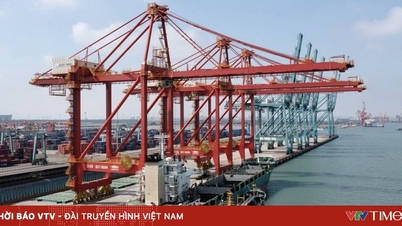
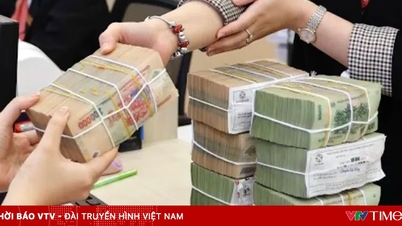









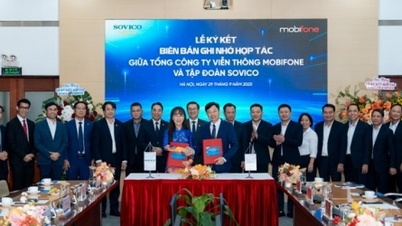











































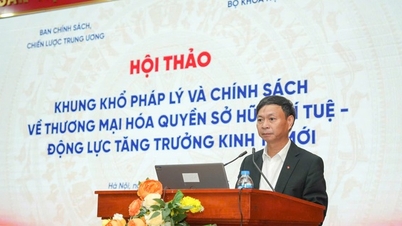


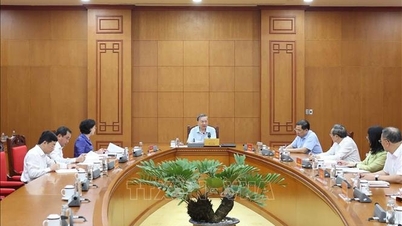





















Comment (0)